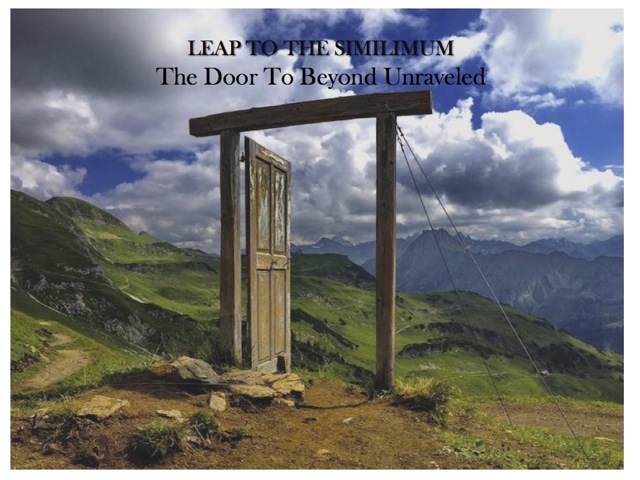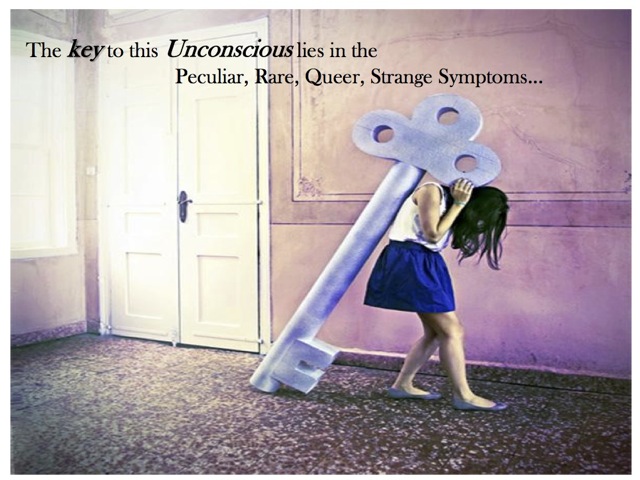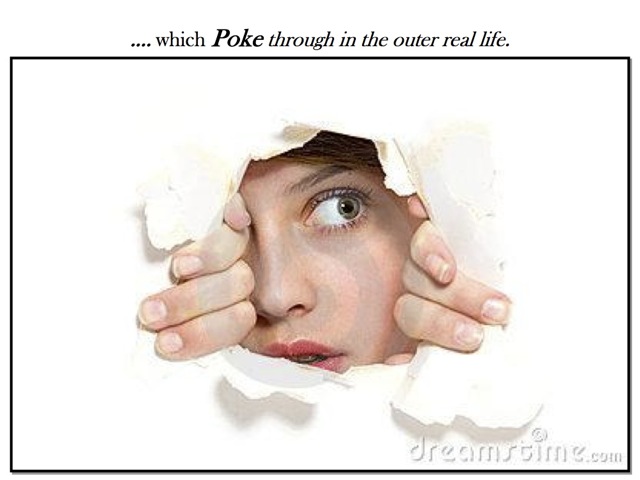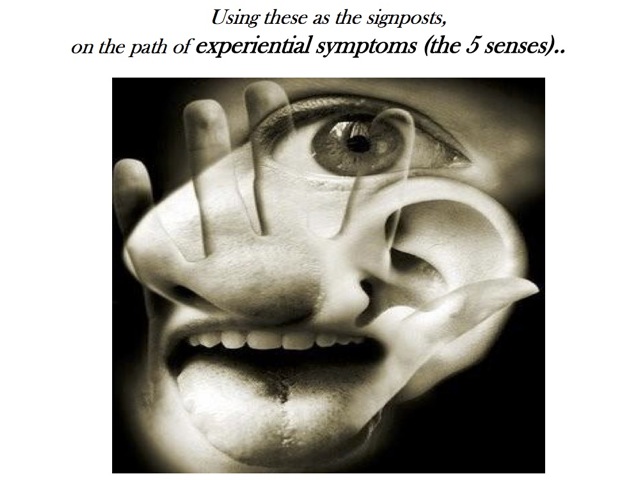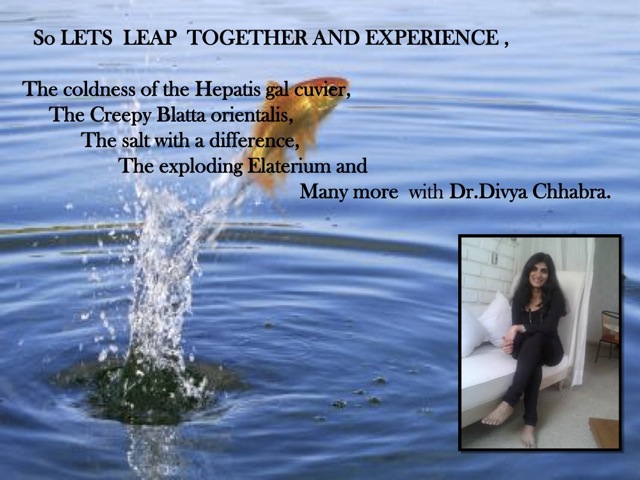What is the Plants Table?
Similarly to the way homeopathy relates to the concept of mineral arrangements to human pathology, one can use the botanical systematics (the order that strives to describe the known evolution progress of the plants) to create such a developmental concept.
USING the botanist Cronquist systematics, The evolutional progress of the plant kingdom can be arranged in table form, similar to the mineral table. Every group of plants in the table (by Botanical Order) describes a convergence of 2 axis of two axis of development, with physiological, emotional and mental contest.
Each remedy in that group describes a variation on the themes that arise. The table provides a scheme that connects between plant development stages to human developmental stages – from birth to old age: from unity to individuality.
The plant table explains the traits of groups of plants, small remedies and new provings. Even our cases can be understood more clearly, and the homeopathic prescription improved.
Visit of the Berlin Botanical Garden together with Dr Yakir on Monday after the seminar will be arranged if there is a little group coming together.
The advanced-seminar will cover in details column 4 – both the Dicots and the Monocots of the table scheme.
We will complete the end of Column 4 Monocots Orchids, and column 4 Dicots, and continue to column 5 as time permits.
Topics:
Column 4 will be introduced :
In the Dicots: from Thea to Chocolate. From the Malvales, the Pumpkins up to the Crucifera.
In the Monocots we will compleate the Orchids – and generaly work with remedies of the nurturing kind, presenting the challenge: how to find equilibrium in giving and receiving. On relationship with mother and the family, with money and affluence.
in the last day we will work on column 5: Rose and Fabales. with cases and illustrations.
A comprehensive botanic perspective is always presented in the background along with the families themes, properties and their logic in the Table. The themes of each column and row is presented methodically.
All in all, we will delve into the Materia Medica of many of the Families and remedies of the columns, and generally go over the practical side of the table of plants, with many (short) examples of cases.
A tour to the Botanical garden might be offered on the 23 of May.
Friday 20th to Sunday 22nd May 2016
An introduction-day can happen on Thursday, the 19th if there will be a little group coming together. Ask for the costs for all 4 days please!
In September 2016 will be the next seminar on 23rd to 25th of September.
About Dr Michal Yakir
Dr Michal Yakir (PhD, RCHom), a classical homeopath, is former chair and present member of the managing Committee of the Israeli Association for Classical Homeopathy, and editor of the association’s professional magazine „Homeopathic Times“. She teaches homeopathy at Campus Broshim Homeopathy School in Tel Aviv. Practicing Homeopathy for over 20 years, she specializes in Women’s health problems.After receiving her BA in Botany, Master’s degree in Biology and Ecology, she conducted a PhD research in Homeopathy at the Hebrew University of Jerusalem Faculty of Medicine.
In her Doctoral thesis she examined the efficiency of Homeopathy in a clinical research of women’s problems. The research has been presented in Israel and abroad, in several seminars and congress, and published. (To read Research results – press here).
Based on her experience as a former botanist and current homeopath, Dr. Yakir developed the subject of the Order of plants in Homeopathy. Her book: “Order of plants – Amazing systematic” describes the relationship of plant evolution and morphology to human development and pathology, and is currently being translated into English.












